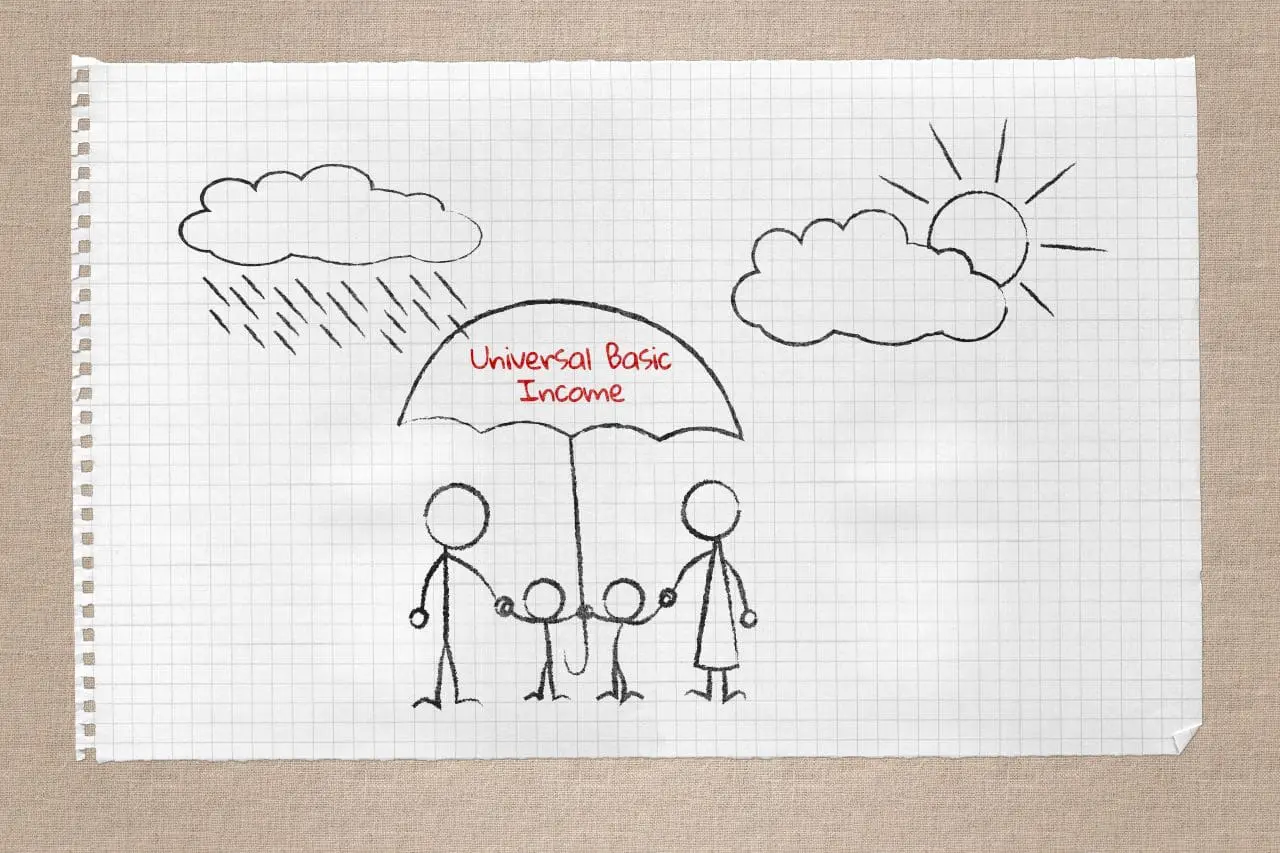

Universal Basic Income (UBI) is a form of unconditional financial support that is distributed to all citizens in a society, regardless of their income level or employment status. UBI programs have been gaining attention as potential solutions for issues such as poverty reduction, wealth inequality, and job displacement due to technological advancement. In the tech industry specifically, UBI could revolutionize how people are compensated for their work, offering them more security and flexibility than traditional jobs. Moreover, it could provide a safety net for those who experience layoffs or other economic shocks due to changes in technology or market conditions. However, UBI also carries some potential risks, such as creating a disincentive to work and potentially increasing the cost of living.
The idea of providing people with an unconditional basic income has been proposed as a way to stimulate economic growth and reduce poverty. In the tech industry, it could have a number of positive impacts on companies’ bottom lines. For instance, UBI could help employers attract talented workers who would otherwise be reluctant to take jobs in high-cost cities due to concerns about their financial security. It could also provide more job stability for tech employees by offering them a guaranteed source of income even if they are laid off or experience a reduction in hours. Furthermore, UBI could reduce the cost of turnover for tech companies by providing people with a steady source of income and reducing the need to continually hire and train new staff.
While UBI has some potential benefits, it is important to consider the risks and pitfalls that may come along with such a system. For instance, there is concern that universal basic income could create a disincentive to work by making people less likely to pursue employment or increase their work effort if they know they have an unconditional safety net. There are also worries that UBI would cause inflation as more money enters circulation without any corresponding increase in goods and services. Finally, UBI could increase the cost of living in areas where it is implemented due to increased demand for housing and other amenities.
While universal basic income has gained a lot of attention as a potential solution for tech workers, there are other approaches that are being discussed. For instance, many companies have invested in retraining programs to help employees stay up-to-date on new technologies and methods. Additionally, some tech firms have adopted flexible working models such as remote work or freelance contracting as a way to give employees more control over their schedules and workloads. These alternatives may not be able to provide the same level of financial security as UBI, but they could be beneficial for tech companies in other ways.
While UBI has been proposed as a potential solution for some of the issues faced by tech workers, it is important to consider whether or not it is realistic in the current economic environment. One challenge is that providing an unconditional basic income to everyone would be expensive and difficult to implement. There are also questions about how much money would need to be provided in order to make a difference in people’s lives and whether this could be done without incurring more debt or cutting into other social programs. Additionally, there are concerns about who should pay for UBI and how it could be funded sustainably over time.
While there are potential benefits associated with offering a universal basic income, it is also important to consider how this would compare to providing training opportunities for tech workers. On one hand, a UBI program could provide immediate financial relief and give people more flexibility when deciding whether or not to pursue employment opportunities. On the other hand, providing training programs could have long-term benefits by helping people stay up-to-date on new technologies while also increasing their earning potential. Ultimately, the decision of which approach is best will depend on the specific needs of each tech company and its employees.
While universal basic income could provide some financial relief to tech workers, it is important to consider whether this would be enough to help alleviate poverty levels in the tech industry. UBI alone may not be enough to lift people out of poverty and more comprehensive solutions will likely need to be implemented to tackle this issue. These could include expanding access to education and other resources as well as creating more affordable housing options for those living in high-cost areas.
The debate around UBI has been gaining traction recently but it remains unclear if it is a viable option for the tech industry. While it may provide some short-term relief to individuals, there are still many unanswered questions about who should be responsible for funding UBI and how much money would need to be provided to make an impact. Additionally, more research will likely be needed to assess whether or not UBI could help alleviate poverty levels among high-tech professionals and if it could have any unintended consequences.
Another potential benefit of offering a universal basic income is that it could help reduce inequality in the tech industry by providing all individuals with a living wage regardless of their socio-economic status. Additionally, UBI could help improve working conditions for tech employees by creating more flexible employment arrangements that allow people to pursue their interests and develop skills without having to worry about financial stability. Ultimately, the impact of UBI in the tech sector will depend on how it is implemented and if it can be done in a way that meets the needs of both employers and employees.

This website uses cookies to improve your experience. Choose what you're happy with.
Required for the site to function and can't be switched off.
Help us improve the website. Turn on if you agree.
Used for ads and personalisation. Turn on if you agree.
This website uses cookies to improve your experience. Choose what you're happy with.
Required for the site to function and can't be switched off.
Help us improve the website. Turn on if you agree.
Used for ads and personalisation. Turn on if you agree.